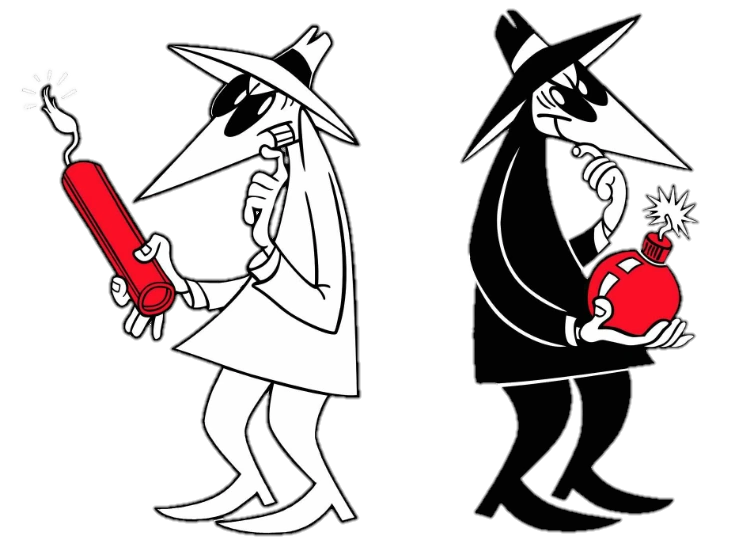The term came from miniature railroad enthusiasts at MIT. The Tech Model Railroad Club (TMRC), formed in 1946, is still going at the Massachusetts Institute of Technology.
In the late 50s early 60s, “hacker culture” meant do-it-yourselfers who had a penchant for playing with technology. Today, a lot of people see it as a synonym for cyber-criminal. We have “white hat” hackers or security experts, “black hat” hackers, more akin to cyber-criminals, and “grey hat” hackers who sit somewhere in the middle.

We have “life-hacks” that are unintuitive smart ways to make your life better. Someone can be a “hack” and it means they pretend to be an expert when they are not. The word has always had a sort of geeky rebel vibe to it. I like to use hacker to mean someone who uses technology in a new way that it is not necessarily meant to be used.
Hackerspaces which, sometimes called makerspaces, are places where people get together to learn, teach, and play with technology. I have been to hackerspaces and makerspaces all over the world. In them you will found computers, laser printers, sewing machines, welding equipment, word working tools, ceramic kilns – all kinds of tools. Whatever technology the people how go there think is fun to play with.
These places are started by and have what I like to think of as the ideal version of a hacker. You will find all kinds of people. All genders, nationalities, colors, and religions. They are teachers, learners, and tinkerers.
I like to think of a hacker to mean anybody using any technology, as long as they like to learn and teach. Bonus points if they are a bit of a rebel. That to me, is the true spirit of a hacker.

Based on running TroubleMaker since 2016, I think you have a good understanding of what makes a true hacker/makerspace.
The terms hackerspace and makerspace can be used interchangeably. Perhaps that organizations that run a space professionally or institutionally prefer the word makerspace, whereas the organization of hackerspaces could be more flat and self-controlled. Less structure and less control easily leads to a more rebellious environment.
I think the word “teachers”, could be seen in a similar context. Everyone is a teacher to some degree. We all help other people once in a while when we know the solution for a problem they face. We don’t ask money for this and we don’t help more that the absolute minimum. This is what I recognize happening within the TroubleMaker community. Other spaces are more structured and focus on providing training as a means to generate revenue. They may keep teachers on staff and offer a multi-tier curriculum.
Thanks for posting this article, Torrey. This is a topic close to my heart and I love to dive into a discussion with you some day.
I see the fundamental differences among the 3, 1) to create – maker ; 2) to destroy / disrupt for selfish reasons – crackers; 3) to disrupt for fun and public goods (vulnerability discovery and informing that leads to timely remedy) – hackers